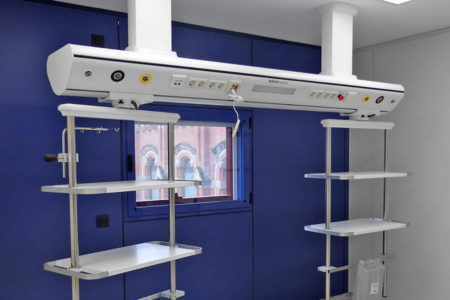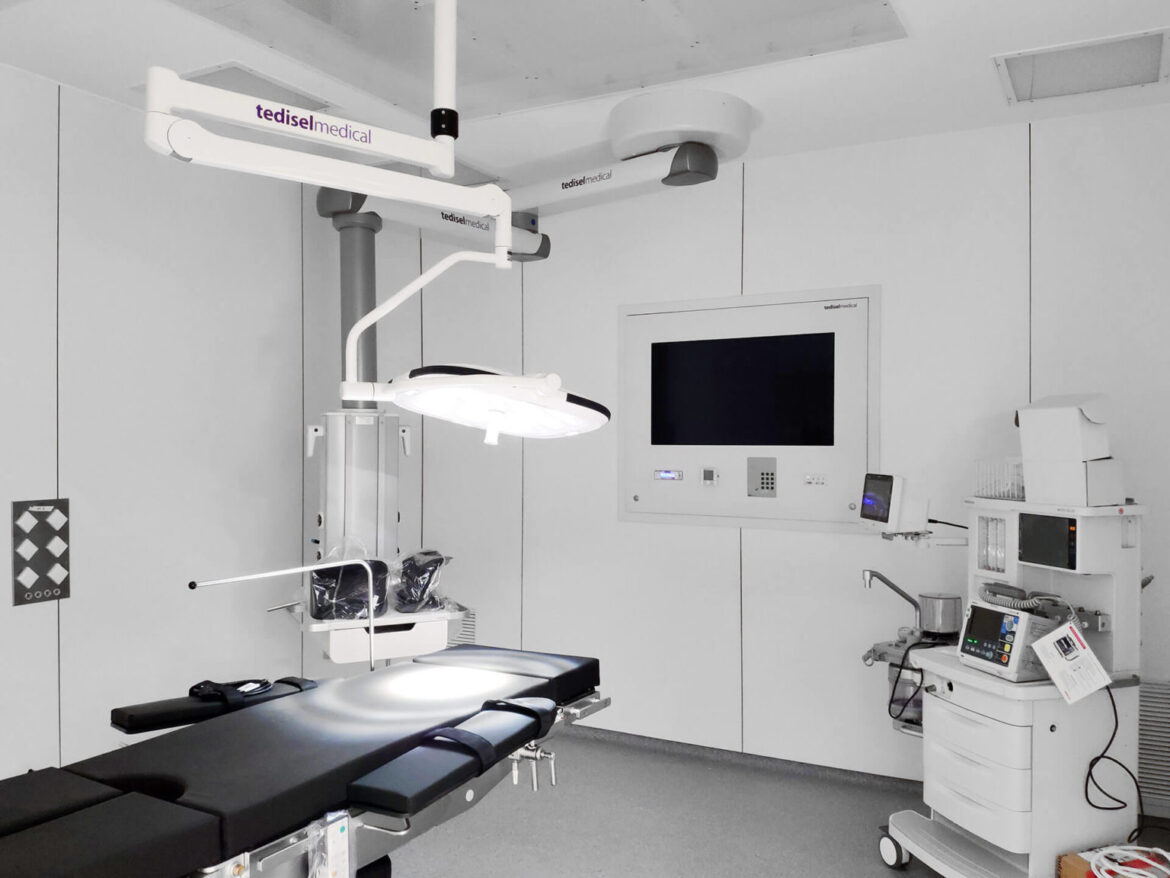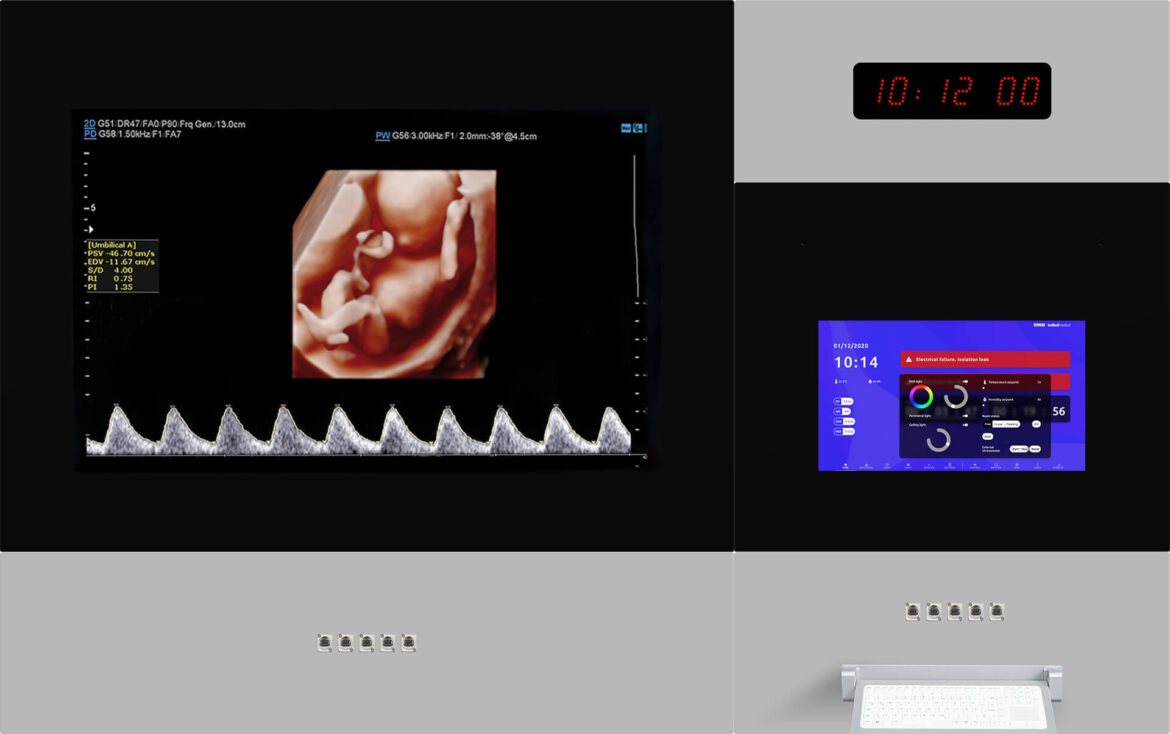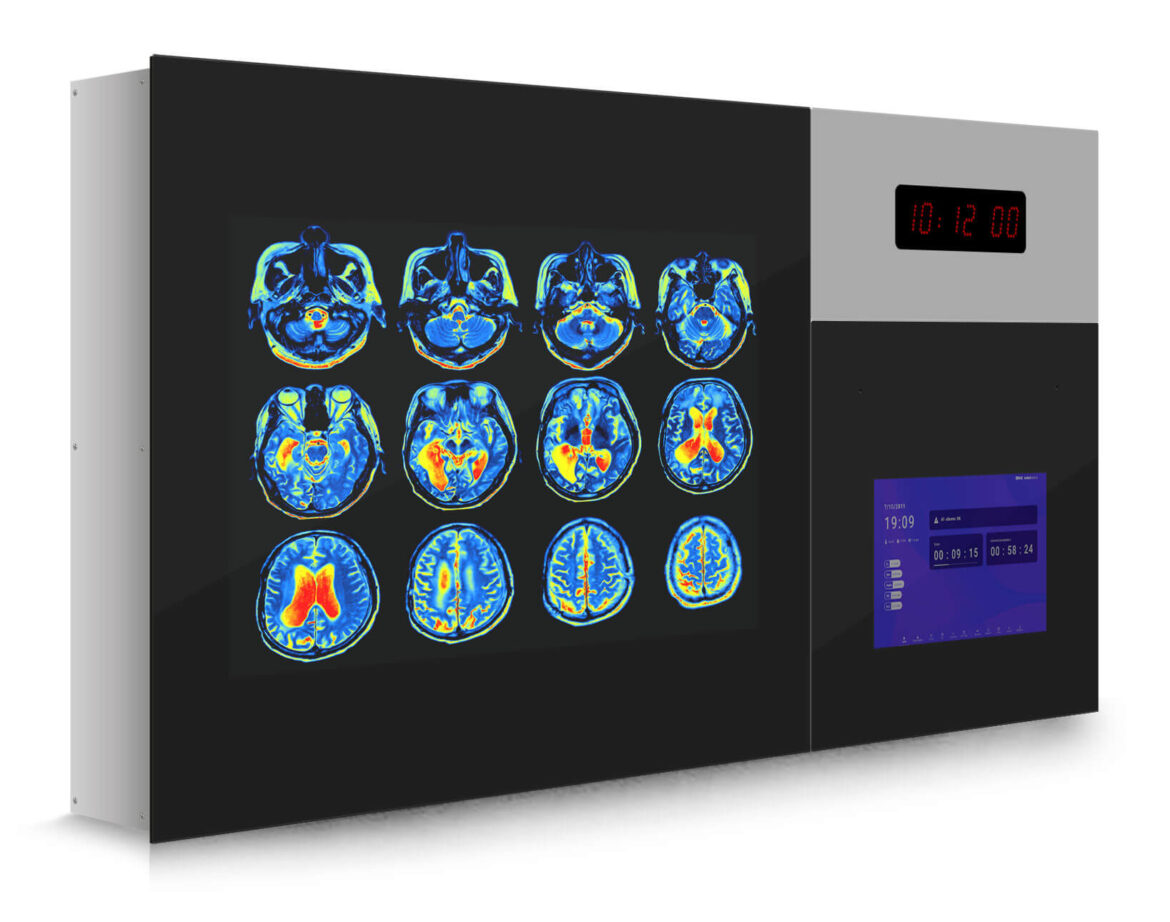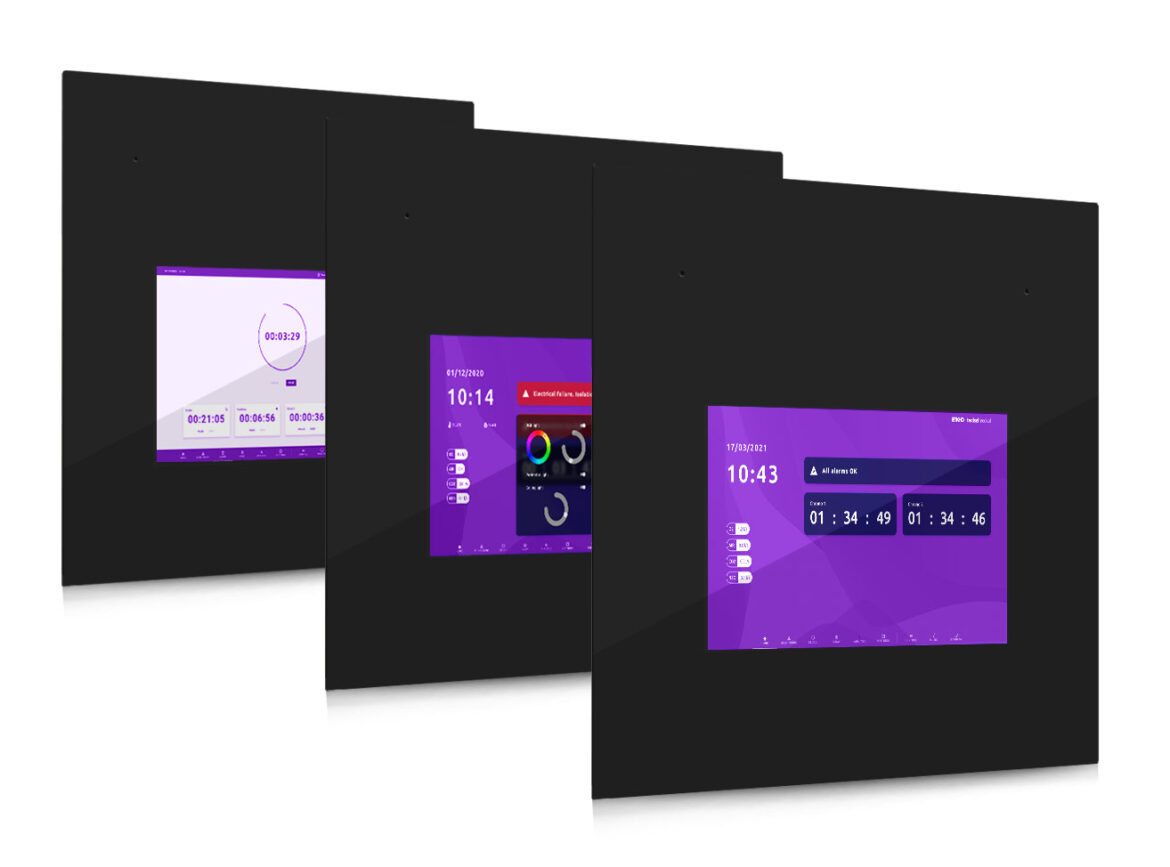The importance of health information systems
The changes and evolution in the patterns of habits and morbidity and mortality in developed countries has led to a modification and adaptation of health information systems in accordance with the real health problems of society.
What is a health information system?
The WHO defined a Health Information System (HIS) as “the structure for the collection, processing, analysis and treatment of information necessary for the organisation and activity of health services, as well as for research and teaching”.
The HIS arose as a response to the need to establish a system for evaluating and monitoring the state of health of the population.
It has always been defined as a tool for the collection, analysis, processing and transmission of the information necessary for the proper functioning and management of health and educational services.
These systems vary in complexity, although they all have three common features; which are:
- Data collection
- Processing
- Analysis and transmission of information
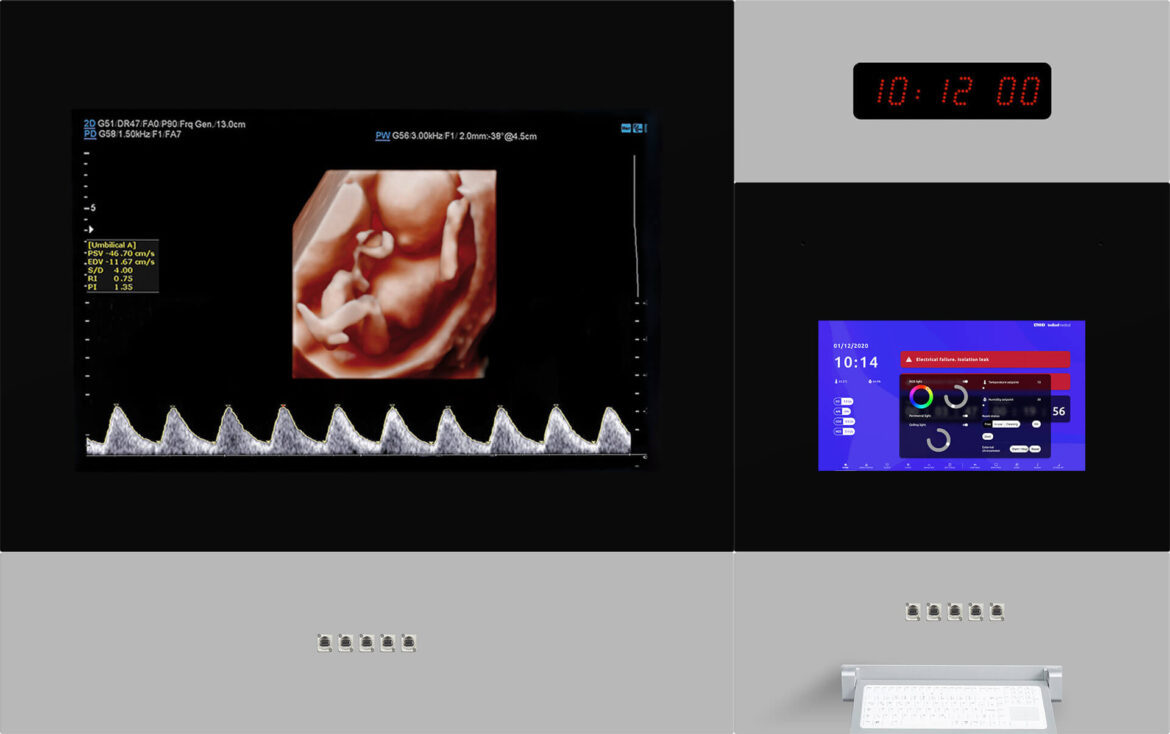
DIAMOND Technical panel + Hermes Software
Purpose and uses of an information system
The main purpose of health information systems is to inform and intervene. The information should focus on assisting decision-making in health care settings.
The information system not only generates a multitude of data, but is also able to provide the right information to the right person in a timely manner. For this, it is necessary that all information is well organised, accurate and accepted by the different actors in the system.
Each system responds to a specific need. However, in general, they are useful for:
- Evaluating health programmes that promote the principles of equity, effectiveness and efficiency, in addition to health planning.
- Manage health services in pursuit of utilisation and rationalisation of available resources.
- Investigate and create aetiological hypotheses.
- Understand the health status of the population through epidemiological surveillance of diseases and risk factors.
Benefits of implementation
The implementation of these systems additionally offers a number of benefits for healthcare workers, as they:
- Promote the efficient use of economic resources.
- Improve clinical patient care, reducing potential errors that may occur.
- Speed up the flow of information, making it more reliable and complete.
- Allow healthcare professionals to make appropriate decisions.
In this case, one of the great advantages of these systems is the possibility of organising and storing information to facilitate full access to it. This means a significant improvement in productivity, thus avoiding the repetition of tests due to lack of information.
HERMES® Control software
At Tedisel, we believe in the importance of good information management in order to improve the quality of healthcare.
That is why we offer the Hermes® Control software
A digital brain that allows to centralize all the controls to obtain data and analysis of the operating rooms or surgical areas.
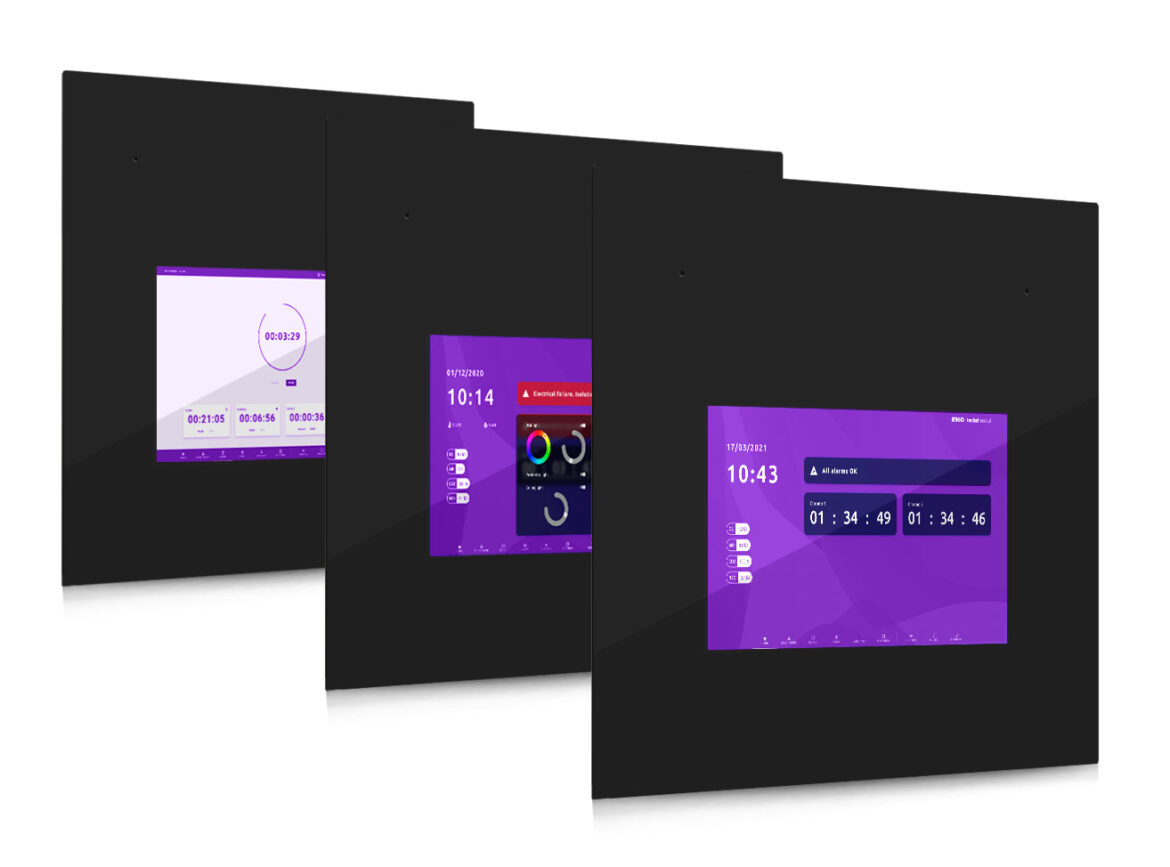
This is already present in several hospitals around the world and allows:
Intelligent data analysis
It monitors the operating theatre and provides it with all the necessary data for optimal and economical use.
Centralised overview
It allows you to manage the operating room controls and displays from one place.
Easy operation
With its intuitive interface, all functions can be accessed at the touch of a button.
“Health information systems are a great help in the planning and management of information in healthcare establishments. They also make it possible to economise on economic resources for the smooth running of the hospital by carrying out studies on the quality and efficiency of the care provided. “


